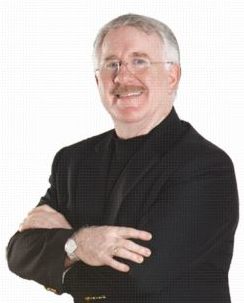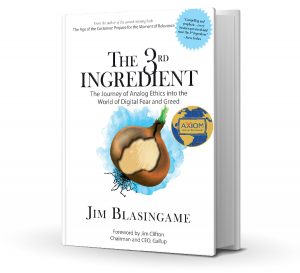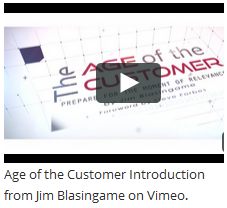One of sports history’s greatest upsets happened at the 1975 U.S. Open tennis tournament at Forrest Hills, New York, when the Spaniard, Manuel Orantes, defeated legendary Jimmy Connors in straight sets (6-4, 6-3, 6-3), in Connors’ own back yard.
 But that contest isn’t the best part of this story. Beating Connors to win a professional tennis Grand Slam tournament couldn’t have happened if the night before, against all odds, Orantes had not demonstrated enormous courage and extreme perseverance.
But that contest isn’t the best part of this story. Beating Connors to win a professional tennis Grand Slam tournament couldn’t have happened if the night before, against all odds, Orantes had not demonstrated enormous courage and extreme perseverance.
In the semi-final match between Orantes and Argentinian, Guillermo Vilas, the Spaniard was down two sets to one, five games to zip in the fourth set, and two match points in the sixth game. Vilas was serving triple match point to the seventh power.
If Orantes loses one more point in this game the match is over. And even if he battles back to win this game, he would then have to win the next six games in order to force the fifth set to determine who advances to the finals. Tennis fans know a score of 2-1, 5-0, 40-love, is an against-all-odds, improbable comeback scenario.
There’s another group that can appreciate the long odds Orantes faced—small business owners. Entrepreneurs are no strangers to the marketplace equivalent of triple match point to the seventh power. Here’s what it might look like: losing a major customer, having an unexpected expense, and a cash flow crisis resulting in a call from the bank, all in the same hour. The question is not whether a small business will have triple match point challenges—Orantes faced it only once, small businesses see it all the time—but how well the owner manages them.
Back to the tennis match: In perhaps one of the gutsiest display of guts in the history of pro tennis, Orantes overcame that triple match point to take the sixth game, and then proceeded to win the next six in a row to claim the fourth set 7-5. This courageous comeback not only produced the momentum to beat Vilas 6-4 in the final set and get Orantes into the finals with Connors, but, as you now know, it carried over to the next day when he became the 1975 U.S. Open champion by dispatching one of the greatest tennis champions of all time in straight sets.
Next time your business is down triple match point, remember that as long as the game isn’t over you can survive. As long as you have the desire to win you can succeed. As long as you believe in yourself you can gain the momentum to win today and become a champion tomorrow.
Even when you’re down triple match point, you can still win.












